PROGRAM & SPEAKERS
PROGRAM & SPEAKERS

SPEAKERS
SPEAKERS
-
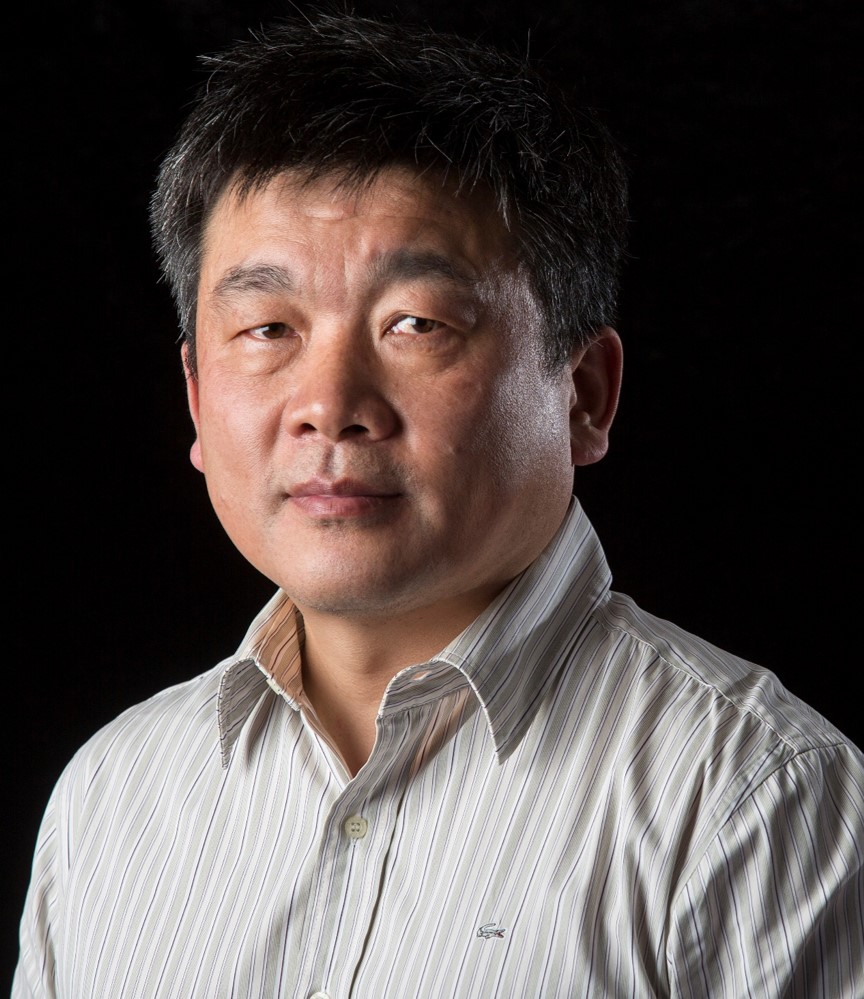
Choe Sang-hun
Seoul Bureau Chief for The New York Times.
-
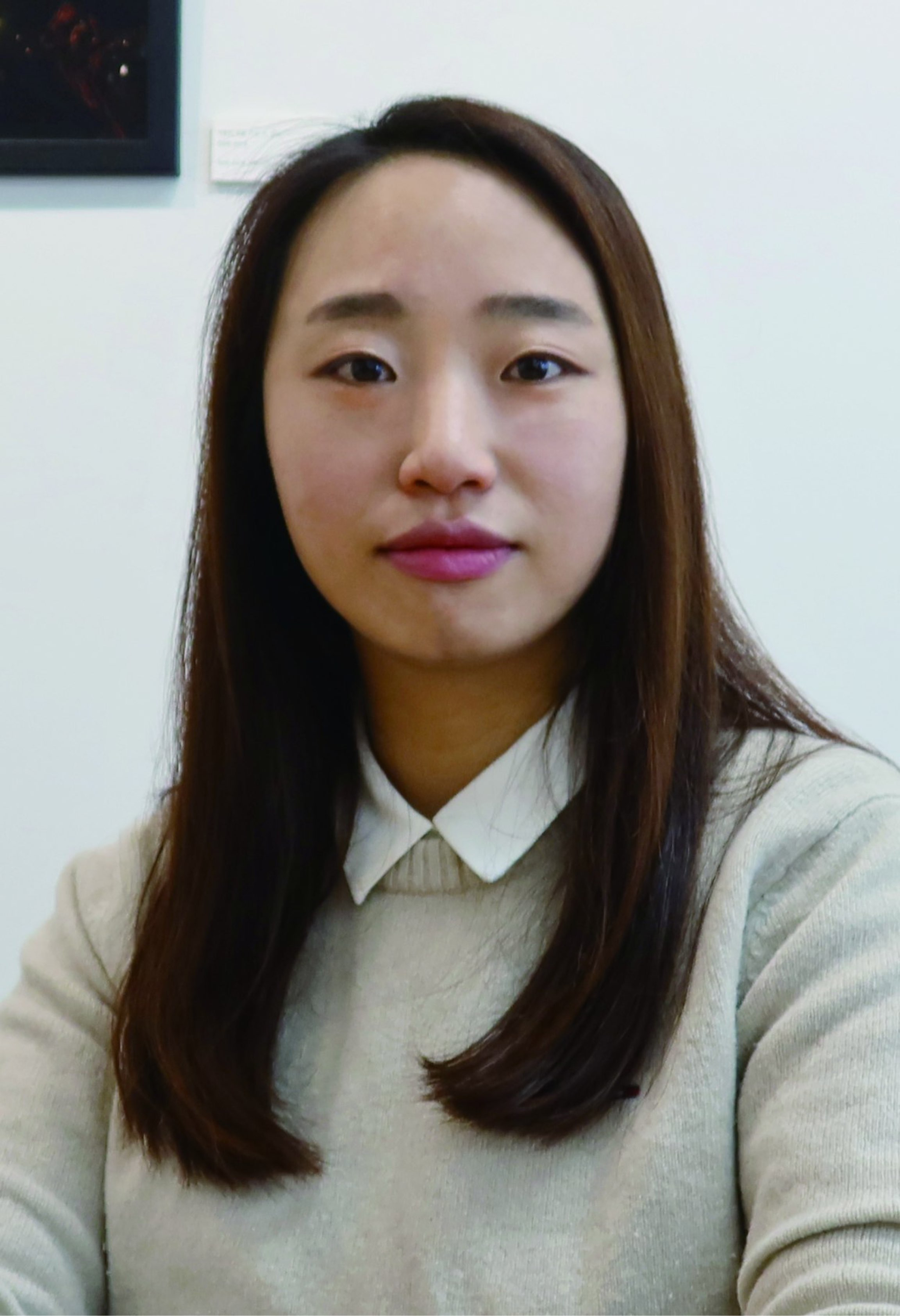
이현경
옥천신문 편집국장
-
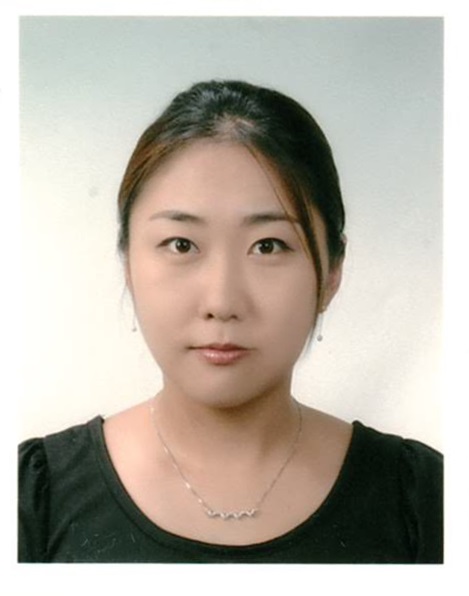
정소현(영문)
SISWAEEK
-
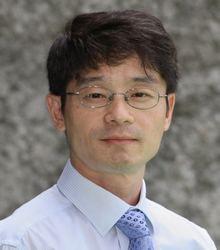
권태호
General Manager of Journalism Accountbility Department & Editorial Writer, Hankyoreh
-
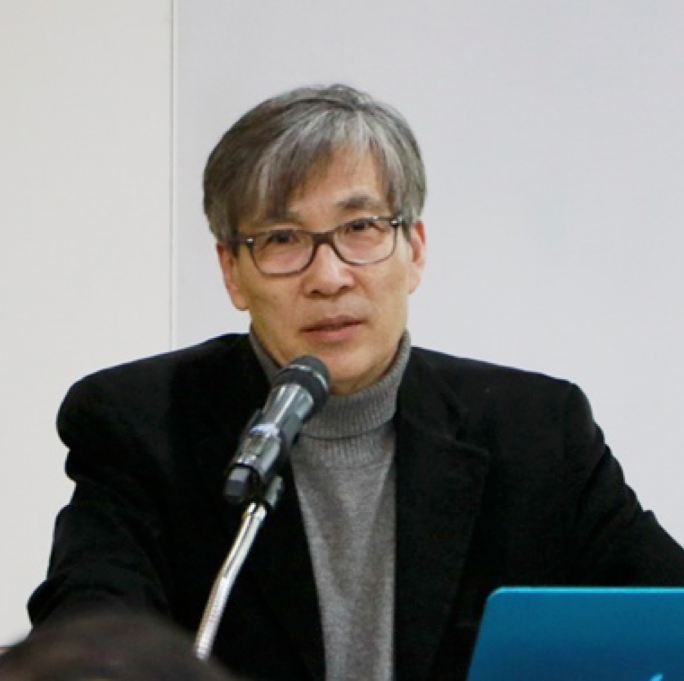
Jung Gun-na
Professor, Hanshin University
-
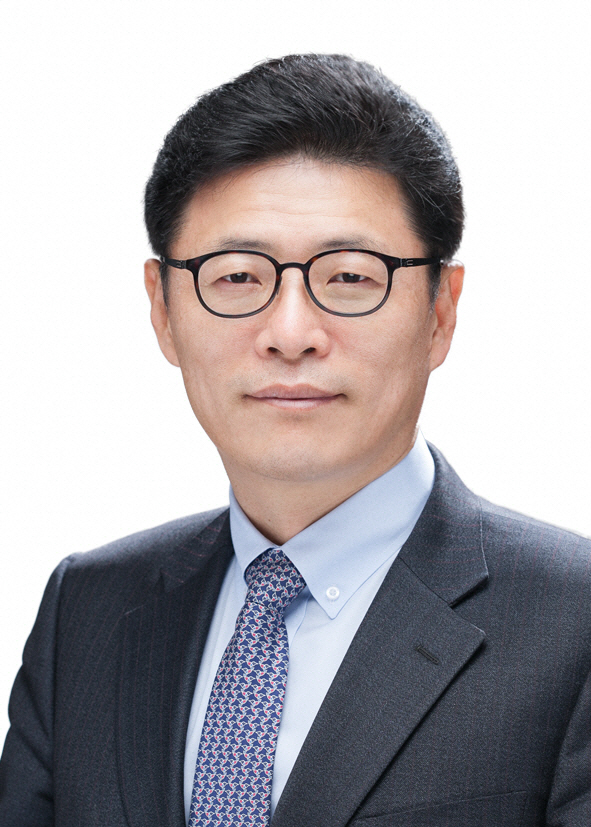
Lee Hyung-hee
President, Social Value Committee, SK SUPEX Council
-
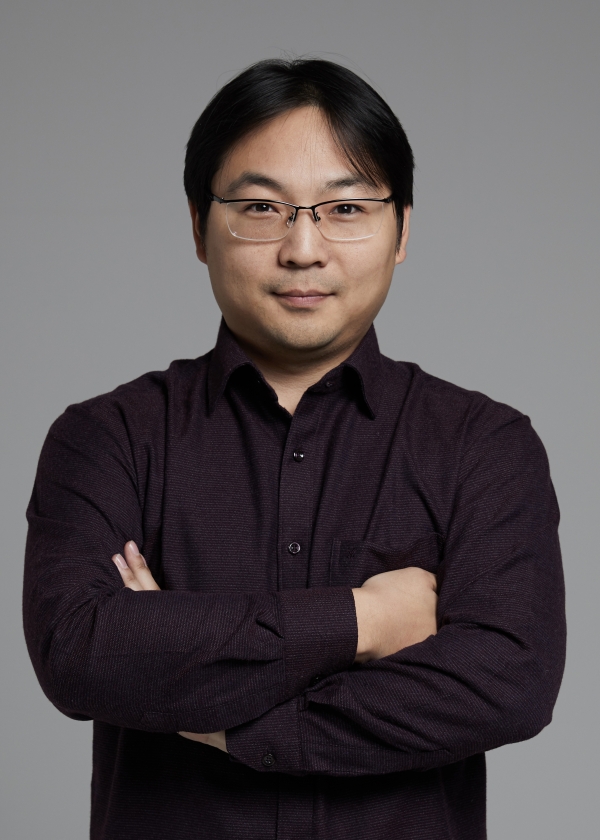
Do Hyun-myung
CEO, Impactsquare
-
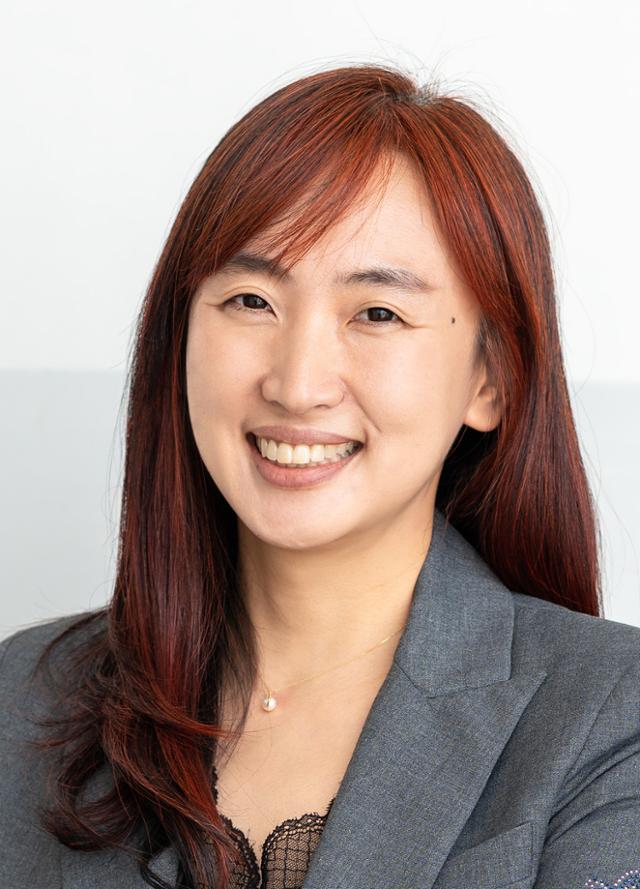
Lee Seung-yoon
Professor, Chung-Ang University
-
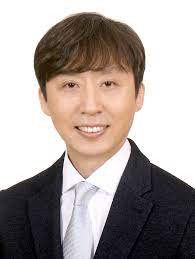
Kim Hi-sam
Professor, Gwangju Institute of Science and Technology(GIST)
-
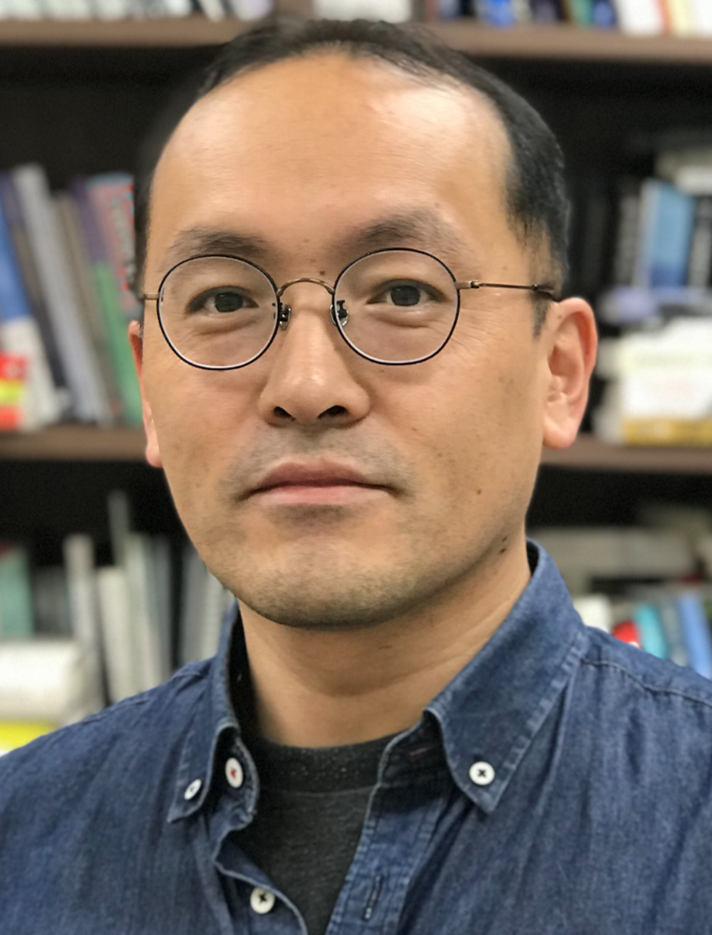
Choi Young-jun
Professor, Yonsei University
-
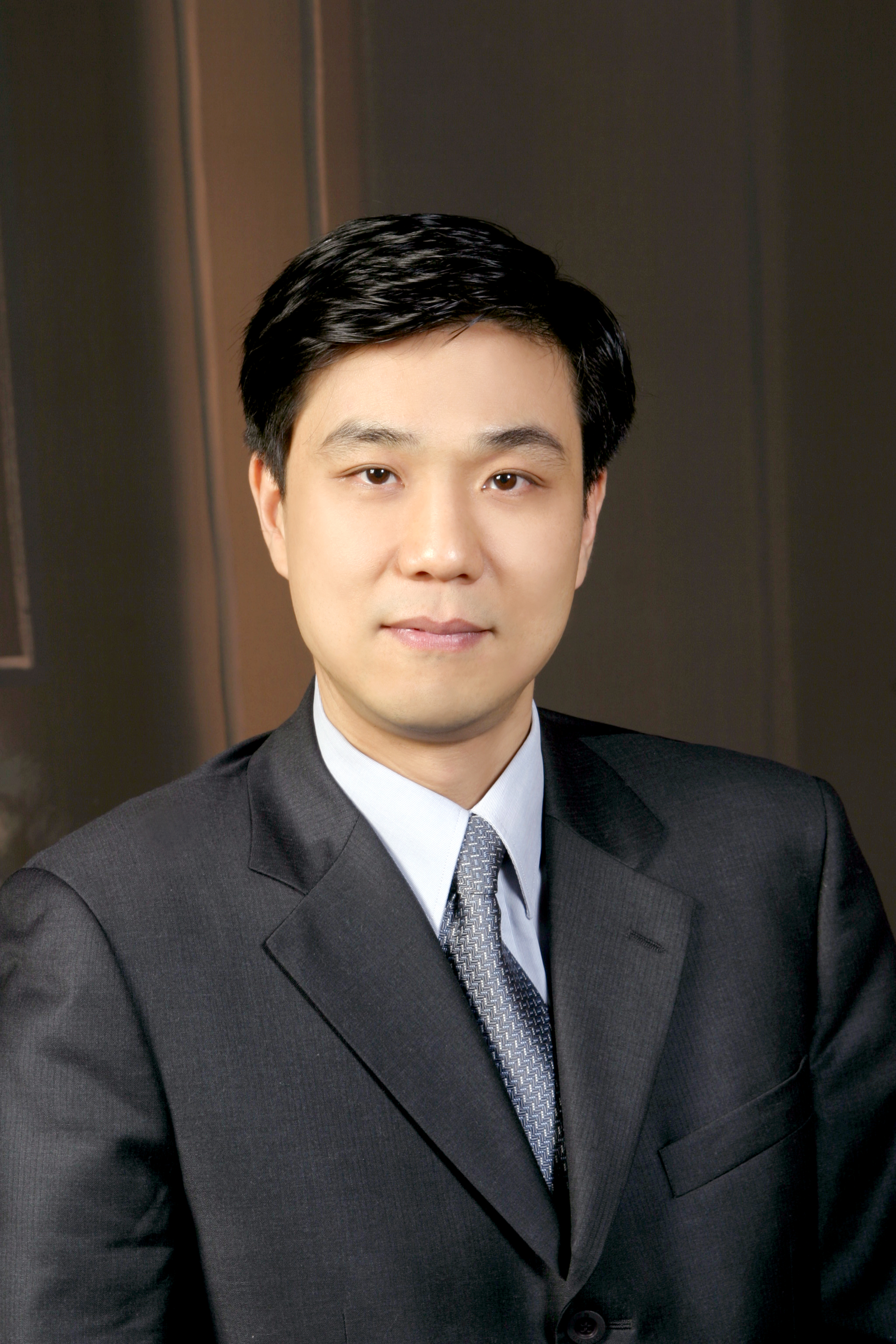
Kim Jin-yeong
Professor, Konkuk University
-
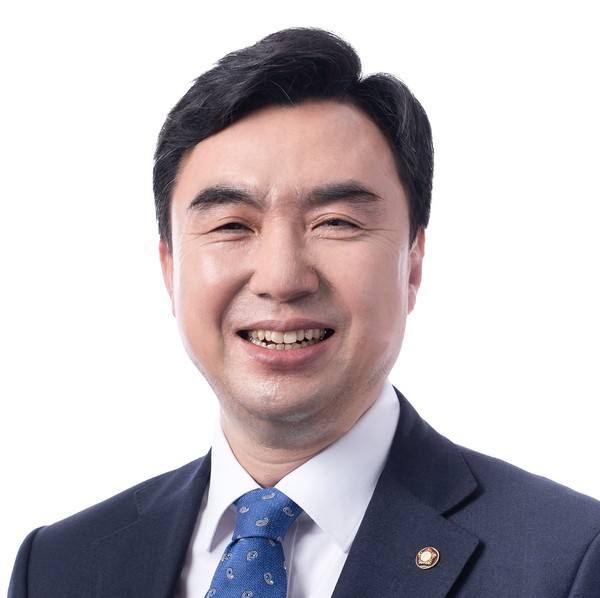
Youn Kwan-suk
Member, The National Assembly of Republic of Korea
-
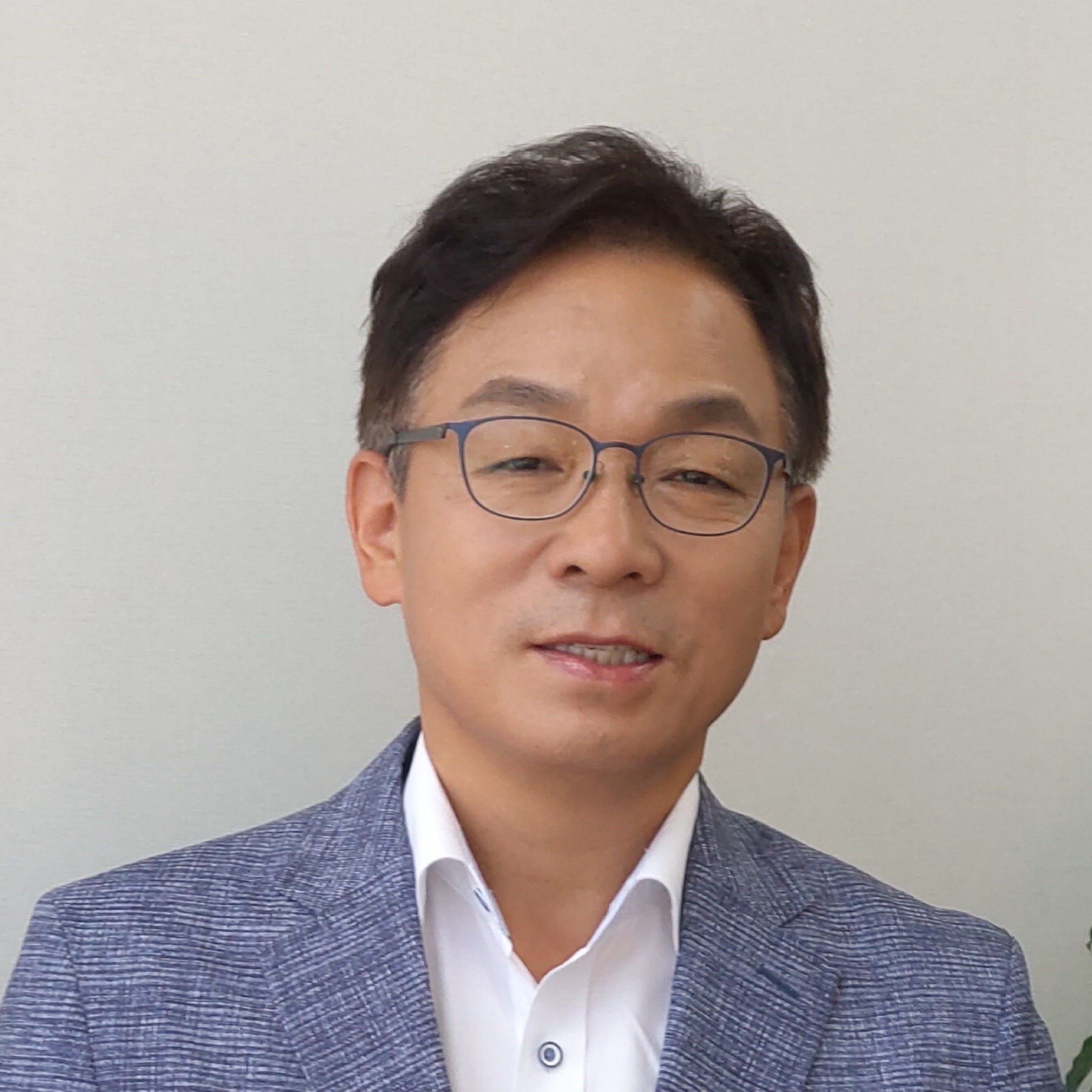
Lee Bong-hyun
Director, The Hankyoreh Media Group
-

Eun Jae-ho
Research Fellow, Korean Institute of Public Administration
-
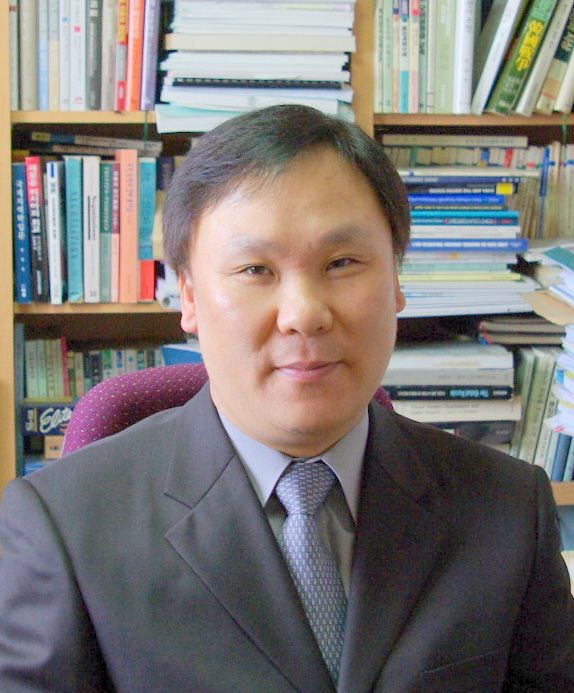
Kim Hak-lin
Professor, Dankook University

-

Choe Sang-hun
Seoul Bureau Chief for The New York Times.
세션소개
연사소개
 Conditions of Trusted Journalism
Conditions of Trusted Journalism...
Choe Sang-Hun is the Seoul bureau chief for The New York Times, focusing on news on North and South Korea.
He worked for The Associated Press for 11 years before joining The Times in 2005. He is a co-author of two books on Korea and co-editor of another two, also on Korea. He was a 2010-11 fellow in Korean studies at the Walter H. Shorenstein Asia-Pacific Research Center of Stanford University. He has won journalism awards for his reports on Korea and Myanmar, including a 2000 Pulitzer Prize -

이현경
옥천신문 편집국장
세션소개
연사소개
 Conditions of Trusted Journalism
Conditions of Trusted Journalism...
옥천신문 편집국장
-

정소현(영문)
SISWAEEK
세션소개
연사소개
 Conditions of Trusted Journalism
Conditions of Trusted Journalism...
SISWAEEK
-

권태호
General Manager of Journalism Accountbility Department & Editorial Writer, Hankyoreh
세션소개
연사소개
 Conditions of Trusted Journalism
Conditions of Trusted Journalism...
General Manager of Journalism Accountbility Department & Editorial Writer
Washington Correspondent(2009~12)Editor of Political Department(2014~15)Project Deputy Director of newsroom(2020~21) -

Jung Gun-na
Professor, Hanshin University
세션소개
연사소개
 How to Build a Bridge of Trust : Focus on Seeking a Solution
How to Build a Bridge of Trust : Focus on Seeking a Solution...
Professor, Hanshin University
-

Lee Hyung-hee
President, Social Value Committee, SK SUPEX Council
세션소개
연사소개
 How to Build a Bridge of Trust : Focus on Seeking a Solution
How to Build a Bridge of Trust : Focus on Seeking a Solution...
Academic Career
Korea University, Seoul, Republic of Korea / MBA, Business SchoolKorea University, Seoul, Republic of Korea / Bachelor of Industrial EngineeringProfessional CareerMay. 2021 ~ : Director, Korea Green FoundationMar. 2021 ~ : Vice Chairman, Korea Chamber of Commerce and IndustryJan. 2019 ~ : President, Social Value Committee, SK SUPEX CouncilChairman, SK Microcredit Bank (2019~)Jan. 2017 ~ Dec. 2018 : President, Chief Executive Officer, SK broadbandPresident of Korea IoT Association (2015~2018)Dec. 2015 ~ Dec. 2016 : Executive Vice President, Chief Operating Officer, SK telecomPresident of Korea Online Privacy Association (2015~2016)Dec. 2014 ~ Dec. 2015 : Executive Vice President, Head of MNO Business, SK telecomFeb. 2013 ~ Dec. 2014 : Executive Vice President, Head of CR Division(Corporate Relation), SK telecomPresident of Korea E-Sports Association (2012~2013) -

Do Hyun-myung
CEO, Impactsquare
세션소개
연사소개
 How to Build a Bridge of Trust : Focus on Seeking a Solution
How to Build a Bridge of Trust : Focus on Seeking a Solution...
CEO, Impactsquare
-

Lee Seung-yoon
Professor, Chung-Ang University
세션소개
연사소개
 How to Build a Bridge of Trust : Focus on Seeking a Solution
How to Build a Bridge of Trust : Focus on Seeking a Solution...
Dr. Sophia Seung-yoon Lee obtained her Ph.D. in Social Policy from Oxford University in the UK with her thesis on a comparative study between East Asian welfare states and non-regular workers. She is an associate professor of social policy at Chung-Ang university, Seoul, South Korea. Her major research fields are East Asian welfare states and labor markets, precarious worker, institutionalism and comparative research methodology. He published more than 50 peer-reviewed articles and books(co-authored) including “Female outsiders in South Korea’s dual labour market: Challenges of equal pay for work of equal value (2020)”, “Institutional Legacy of State Corporatism in De-industrial Labor Markets (2016)”, “Korean Precarious Workers” (Co-authored Book, 2017) etc. She was also the first Vice-Chairperson of the Youth Policy Coordination Committee in the Prime Minister’s Office.
-

Kim Hi-sam
Professor, Gwangju Institute of Science and Technology(GIST)
세션소개
연사소개
 How to Build a Bridge of Trust : Focus on Seeking a Solution
How to Build a Bridge of Trust : Focus on Seeking a Solution...
Professor, Gwangju Institute of Science and Technology(GIST)
-

Choi Young-jun
Professor, Yonsei University
세션소개
연사소개
 How to Build a Bridge of Trust : Focus on Seeking a Solution
How to Build a Bridge of Trust : Focus on Seeking a Solution...
Young Jun Choi is a Professor at the Department of Public Administration, and Director of the Institute for Welfare State Research, Yonsei University in South Korea. He also serves as the Chair of East Asian Social Policy Research Network (2021-2023). His research interests include ageing and public policy, social investment policy, innovation and social policy, and East Asian welfare states. He was co-editor of Welfare Reform and Social Investment Policy in Europe and East Asia (Policy Press, 2021). He has extensively published his studies in international journals including the Journal of European Social Policy, Policy and Society, Policy and Politics, Ageing and Society, the International Journal of Social Welfare, and Risk Analysis.
-

Kim Jin-yeong
Professor, Konkuk University
세션소개
연사소개
 How to Build a Bridge of Trust : Focus on Seeking a Solution
How to Build a Bridge of Trust : Focus on Seeking a Solution...
Jin-Yeong Kim
Professor of EconomicsKonkuk UniversitySeoul KoreaCONTACTDepartment of EconomicsKonkuk University120 Neungdong-roSeoul 143-701 , Korea+82-2-450-3633e-mail: jykm19@konkuk.ac.krhome page: //home.konkuk.ac.kr/~jykm19EDUCATION1990 BA Seoul National University1993 MA Seoul National Univestity1999 Ph.D. (Economics) University of RochesterThesis: Essays on Economics of EducationLEARNED SOCIETIESKorean Economic AssociationKorean Association of Public FinanceKorean Association of Applied Economics, President (2020~2021)Western Economic Association InternationalInternational Institute of Public FinanceACADEMIC EXPERIENCE2002-present Professor of Economics, Konkuk University(Assistant Professor 2002-2006, Associate Professor 2007-2010, Professor 2011- ),2000-2002 Research Fellow, Korea Institute of Public FinanceResearch Interests:Economics of Education, Public Economics, Labor Economics, Health EconomicsTeaching Experience:Principles of Economics, Economics of Taxation, Economics of Education, Economic Growth and DevelopmentEDITORIAL ACTIVITIESEditor, Korean Journal of Labor Economics (2016~2018)Editor, Korean Journal of Applied Economics (2018~2020)Editor, Korean Journal of Public Finance (2018~2020)Editorial Board, Korean Economic ReviewEditorial Board, Korean Journal of Public Finance,Editorial Board, Journal of Economics and Finance of Education<PUBLICATIONS>Ph.D. Thesis Essays on Economics of Education1. School Quality and Immigrants Earnings2. School Quality, Labor Force Quality, Income Level and the Growth of Nations3. Tiebout Mechanism in the Local School Budgeting ProcessArticles (Refereed Journal)46. An Analysis between College Entrance Exam Types and Educational Investment, Korean Journal of Labor Economics 44(1), 2021, 169-204. (with Hayoung Jo and Heonjae Song)45. The Performance Analysis of University for Creative Korea, Korean Journal of Public Finance 14(1), 2021, 91-121. (with Eunbi Ko and Heonjae Son)44. What has Changed at Seoul National University Since the Transition to Corporations? Exploratory Analysis of Internal Members Perceptions and Experiences, The Journal of the Korea Contents Association 20(12), 2020, 166-179 (with Min-Joo Rah()43. College Admission and the College Life: A Case Study, Journal of Korean Economic Analysis 26(2), 2020, 1-49.42. A Study for Reallocation of Government Expenditure by Function on the Basis of Principal Component Analysis, Journal of Budget and Policy 9(2), 2020, 1-32. (with Hongkyun Kim and Wonhyeok Kim)41. The Effect of Female Faculties on Female Students Employment, Korean Journal of Labor Economics 43(1), 2020. 93∼114. (with Eunbi Ko and Heonjae Son)40. Family Background, Government Subsidy and the Child Development: An Analysis of Korean Panel Data, Journal of Budget and Policy 7(1), 2018, 135-162.39. Ideological Tendency and the Social Capital: An International Comparison, The Korean Economic Forum 11(1), 2018, 61-8438. Joint Distribution of Income and Wealth and the Tax Burdens of Korean Households, Journal of Budget and Policy 6(1), 2018, 68-9537. Creativity and Labor Market Performances of Korean College Graduates, Korean Journal of Applied Economics 18(2), June 201636. The Impact of Government Support of Graduate Schools on the Research Productivity of Professors and Students, KDI Journal of Economic Policy, May 201635. The Effect of Obesity and the Recruiting Market: The Case of Young Korean College Graduates, (with Hae Kyung Yang), Korean Journal of Health Economics and Policy 21(4), December 201534. An International Comparison of Social Mobility: From the Perspective of Assortive Mating. (with Byung In Lim and Seung-Rae Kim), Indian Journal of Science and Technology, 8(7), April 201533. Who Bears the Fiscal Burden of the National Pension System? A Generational Accounting Approach, (with Young Jun Chun and Byuing In Lim), Indian Journal of Science and Technology 8(7), April 201532. Optimal Tax Mix under the Efficiency-Equity Trade-off in Korea, (with Seung-Rae Kim and Young Jun Chun), Korean Journal of Economics 63(1), March 2015.31. The Effect of Grants to Graduate Students on the Research Productivity of Professors: The Case of BK21 Project, Korean Journal of Public Finance 8(1), February 2015.30. Parents Education and Students Academic Performance: A Comparison of OECD Countries, Korean Journal of Public Finance 7(2), (with Young-jun Chun and Byung In Lim), May 201429. The Determinants of Student Obesity and the Effect of Obesity on Academic Achievement of Korean High School Students, (with Hae Kyung Yang), Korean Journal of Applied Economics 16(1), June 2013.28. On the Educational Policy for Fostering Social Mobility, (with Sung-Tai Kim), Korean Journal of Applied Economics 15(2), September 2013.27. Economic Effects of Paradigm Change in Social Welfare Policy - Universal Social Welfare vs. Targeted Social Welfare - (with Young Jun Chun and Sung Tai Kim), Korean Journal of Economics 61(2), June, 201326. Comparing the Efficiency of the After-School Program and the Private Tutoring through a Value-Added Educational Production Function, Korean Journal of Public Finance, 5(3), August 201225. Valuing Income-Contingent Loans as Path-Dependent Options, (with Daewhan Kim), Korean Economic Review, 27(2), December 201224. The Effect of Sorting on the Test Score: Evidence from Korean SAT, Korean Journal of Public Finance, 4(4), November 201123. Policy Suggestion for Reducing Achievement Gaps among Korean Students, Korean Journal of Applied Economics, 4(4), November 2011. pp. 191-23922. Searching for Good Schools: School Evaluation through the Analysis of the College Scholastic Ability Test Scores, Korean Journal of Public Finance, 4(3), August 201121. Estimating and Predicting the Demand for Student Loans (with Daewhan Kim), The Journal of Economics and Finance of Education, 21(2), June 201120. The Importance of English in the Transition from School to Work (with Hyung-Jai Choi), Quarterly Journal of Labor Policy, 10(3), September 2010.19. The Wage Premium of English Skills in the Korean Labor Market (with Hyung-Jai Choi), Korean Journal of Labor Economics, 32(2), August 2009.18. The Income Contingent Loan System in Korea (with You-Kyung Han), 18(2), The Journal of Economics and Finance of Education, 18(2), June 200917. An Investigation on Korean Households Expenditure on Education and Policy Implication, The Journal of Economics and Finance of Education, 17(4), December 200816. Estimation of Demand and Supply of the Self-Funded Private High Schools and the Budget Implication (with Jin Park), The Journal of Korean Education, 35(4) December 200815. Publicness and Government Expansion: An Application to Korean Public Broadcasting Industry (with Jin Kwon Hyun , Korean Journal of Public Finance, 1(4), December 2008.14. Differences in Test Scores among Korean Middle Schools: Evidence from the TIMSS data, Korean Journal of Public Finance, 2(1), August 200813. Shadow Education around the World: Its Cause and the Effects, Korean Journal of Public Economics, 12(2), December 2007.12. Time Allocation and the Academic Achievement of High School Graduates in Korea, The Journal of Korean Education, 34(4) December 200711. College Hierachy and the Labor Markets in Korea, Journal of Korean Economic Analysis, 13(3), December 2007.10. Changes in the Hierarchy among Korean Universities from 1994 to 2003, Korean Journal of Public Economics 11(1), May 2006.9. The Value-Added Educational Production and the School Accountability System, The Korean Journal of Public Finance, 19(1), September 20048. Human Capital and Growth: An Empirical Investigation on Neoclassical Growth Models, Journal of Korean Economic Development, 10(1), June 2004.7. A Note on Financial Support for the Junior College, Korean Journal of Public Economics 9(1), May 2004.6. Human Capital and Growth: An Empirical Investigation on Endogenous Growth Theory, Korea Trade Review, 28(5), December 2003.5. Changes in Household Portfolio Composition in 1990s: Evidence from Daewoo Panel Data, The Korean Journal of Public Finance, 17(1), September 20024. The Study on the Optimal Environmental Tax in the presence of Taxation on Capital, (with Hong-Kyun Kim), Korean Economic Review, 50(2), June 2002.3. Household Characteristics and the Returns to Education in Korea, (with Hong-Kyun Kim), Korean Journal of Public Economics 9(1), December 2001.2. Tiebout Mechanism in the Local School Budgeting Process, Korean Economic Review, 49(3), September 20011. Evaluation of the Efficiency of Education of the Source Countries through Earnings of US Emigrants, Journal of Korean Economic Development, 5(1), June 1999.Monographs (in Korean Language)A Study on the Efficiency of Education Expenditure (with Jongseok An, Jaeho Cheung, No Wook Park) Korea Institute of Public Finance, December 2006A Study on the Educational Finance: Focusing on the Evaluation of the Output side, Korea Institute of Public Finance, December 2001Changes in the Composition of Household Portfolio and its Implication on Taxation (with Changkyun Park), Korea Institute of Public Finance, December 2001Declining Saving Rate: Macroeconomic and Microeconomic Evidence (with Jongkyu Park), Korea Institute of Public Finance, December 2000 -

Youn Kwan-suk
Member, The National Assembly of Republic of Korea
세션소개
연사소개
 Discussion on the Solution of Spent Nuclear Fuel for Carbon Neutrality
Discussion on the Solution of Spent Nuclear Fuel for Carbon Neutrality...
Member, The National Assembly of Republic of Korea
-

Lee Bong-hyun
Director, The Hankyoreh Media Group
세션소개
연사소개
Director, The Hankyoreh Media Group
-

Eun Jae-ho
Research Fellow, Korean Institute of Public Administration
세션소개
연사소개
 Discussion on the Solution of Spent Nuclear Fuel for Carbon Neutrality
Discussion on the Solution of Spent Nuclear Fuel for Carbon Neutrality...
Research Fellow, Korean Institute of Public Administration
-

Kim Hak-lin
Professor, Dankook University
세션소개
연사소개
 Discussion on the Solution of Spent Nuclear Fuel for Carbon Neutrality
Discussion on the Solution of Spent Nuclear Fuel for Carbon Neutrality...
Professor, Dankook University


